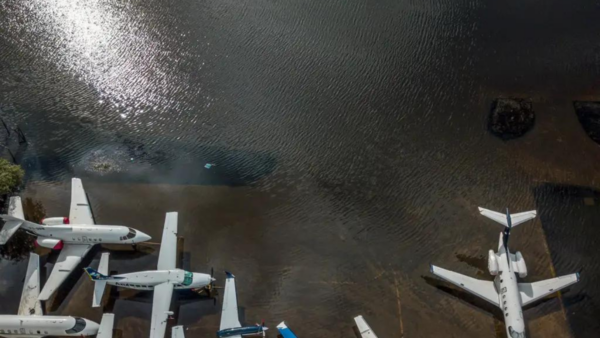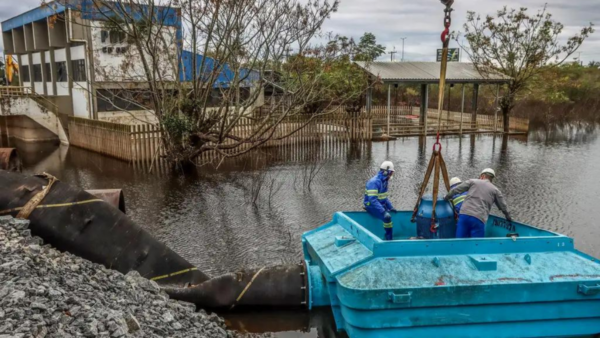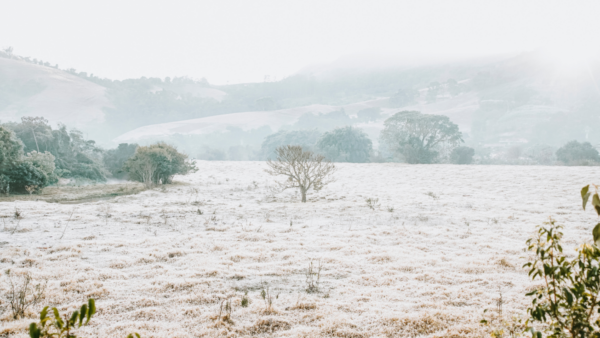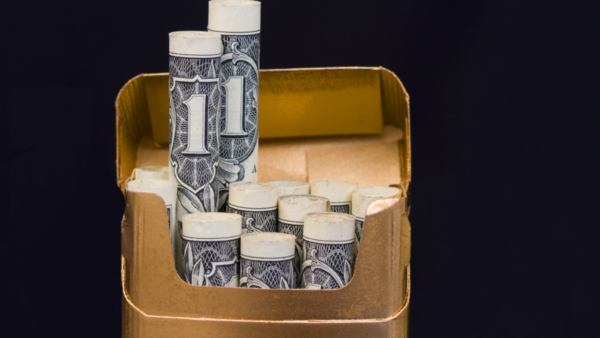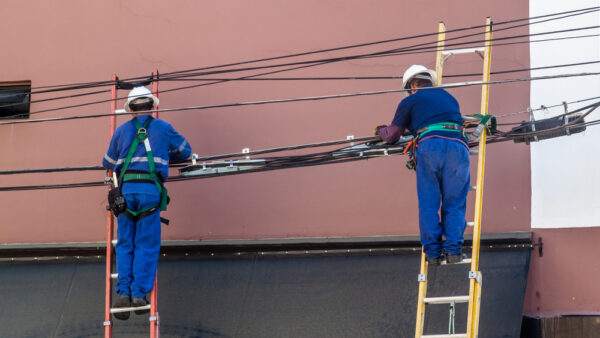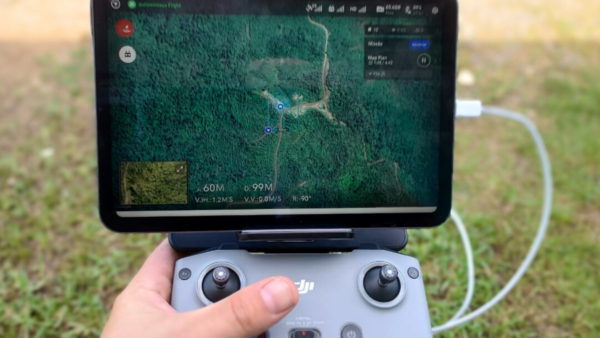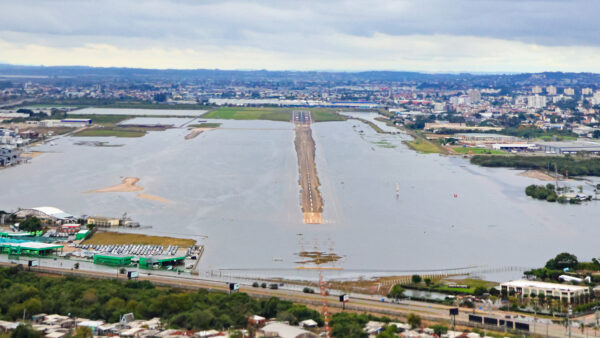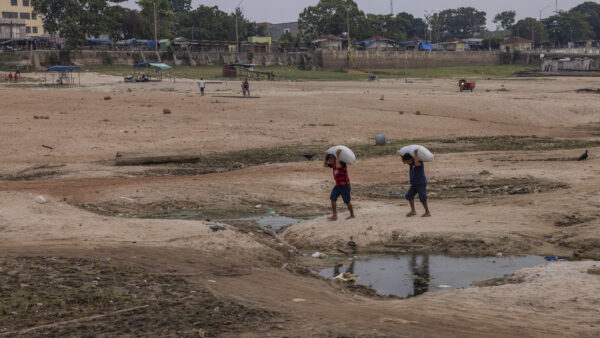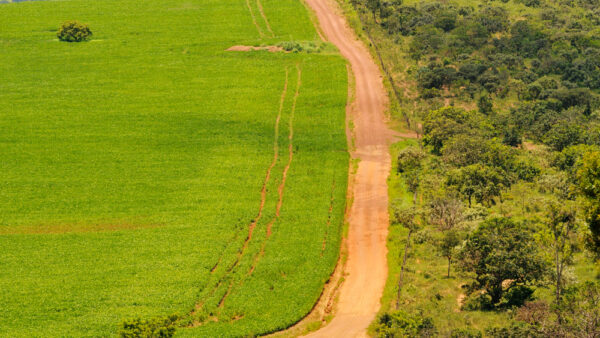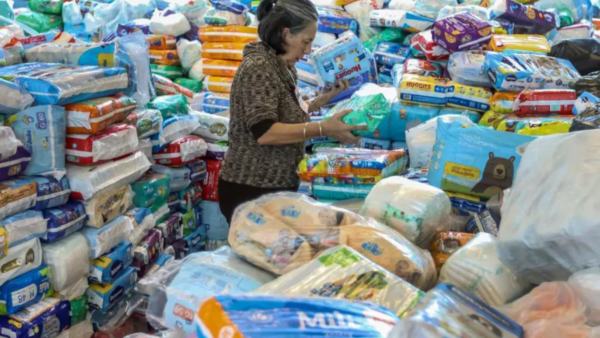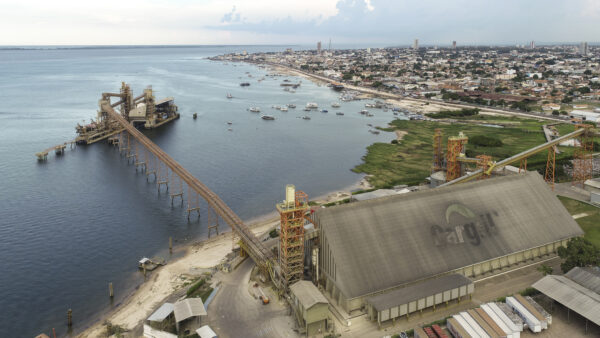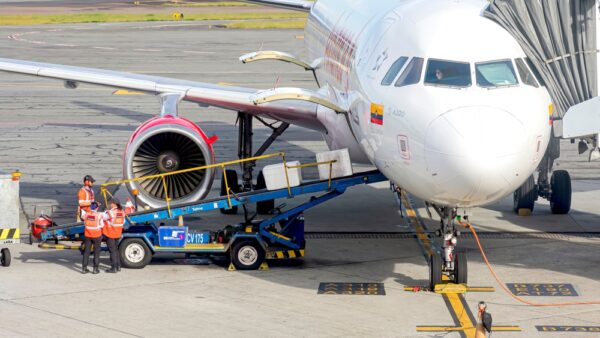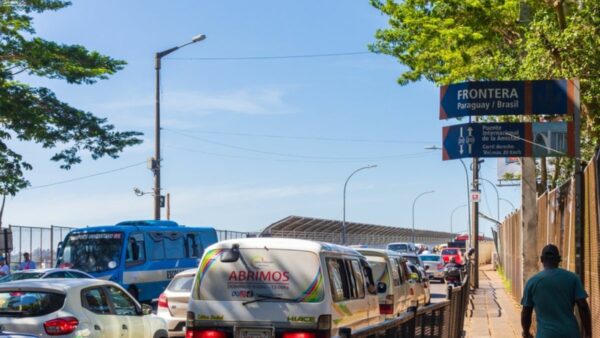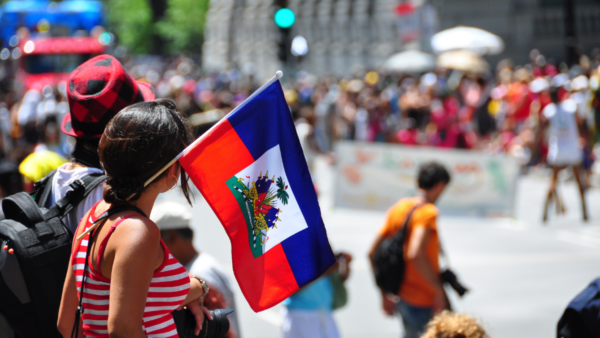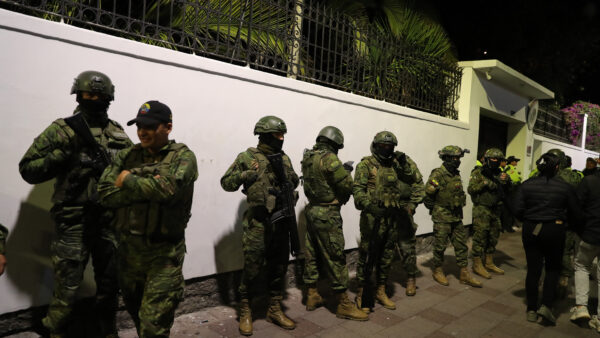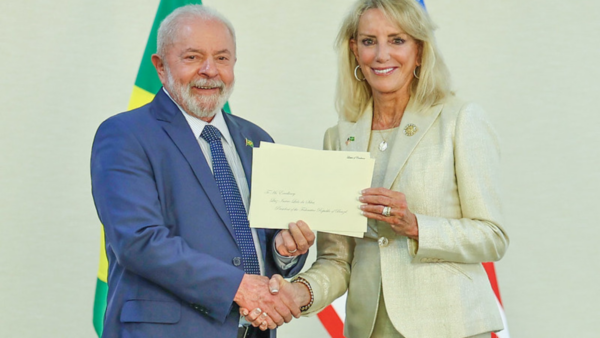A delegation from the Brazilian government, led by Vice President Geraldo Alckmin, was in China this week to take part in Cosban, a high-level bilateral commission, with a view to strengthening trade relations with the Chinese. The two countries made use of the occasion to celebrate the 50th anniversary of their bilateral diplomatic relations.
Internally, however, agricultural exports from Brazil to China are at the center of a major Brazilian problem, which has made the news over the past year: the deforestation crisis in the Cerrado tropical savanna, particularly in the so-called Matopiba region, which represents the intersection between the states of Maranhão, Tocantins, Piauí, and Bahia.
Engulfed by export agribusiness, the Cerrado is Brazil’s second-largest biome and the most biodiverse savanna in the world. Considered Brazil’s water tank, it is also home to the springs of the three largest river basins in South America.
As The Brazilian Report has shown, a report published by MapBiomas at the end of May indicated that the Cerrado surpassed the Amazon and became the most deforested biome in the country in 2023. The region of Matopiba alone accounted for 47 percent of all deforestation recorded in Brazil.
And China has consolidated itself as a central actor in this process, amid tighter environmental requirements imposed by the European Union. In 2023, sales to the Asian country were record-breaking, exceeding USD 60 billion — more than 36 percent of the total exported by Brazilian agribusiness.
Among the ten main products exported by Brazil, the Chinese market was the leading destination for the country’s soybeans, corn, sugar, beef, poultry, cellulose, cotton, and fresh pork.
In Matopiba specifically, China consolidated itself as the main buyer of soybeans, corn, and cotton, during a period in which the region became Brazil’s new agricultural frontier — and also what experts call a “sacrificial biome.”
Deforestation in Matopiba has more than tripled since 2019, reaching 859,000 hectares in 2024 — around five times the size of...

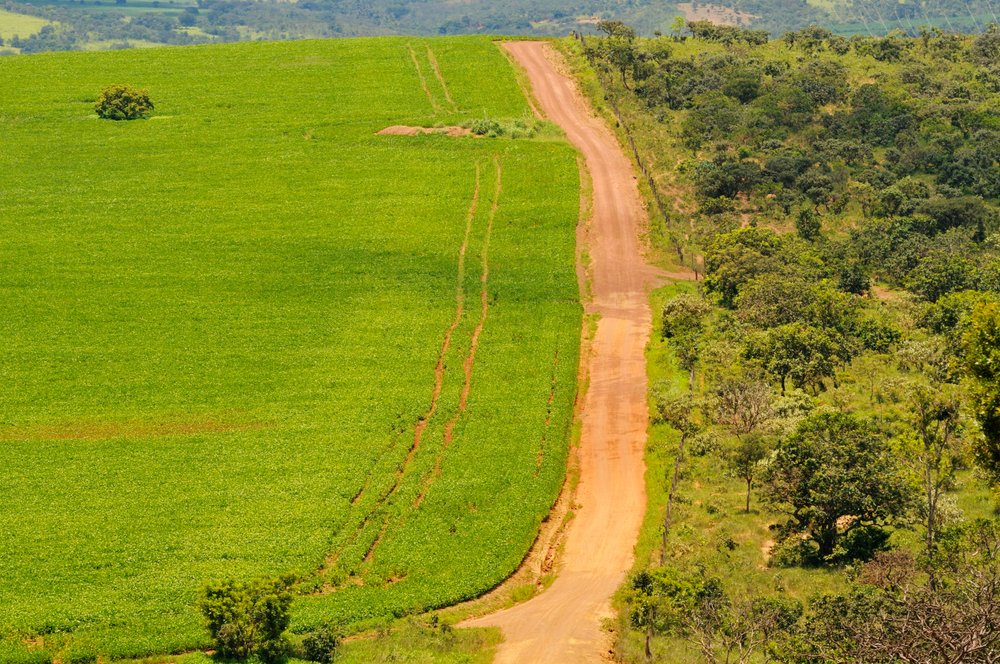
 Search
Search

